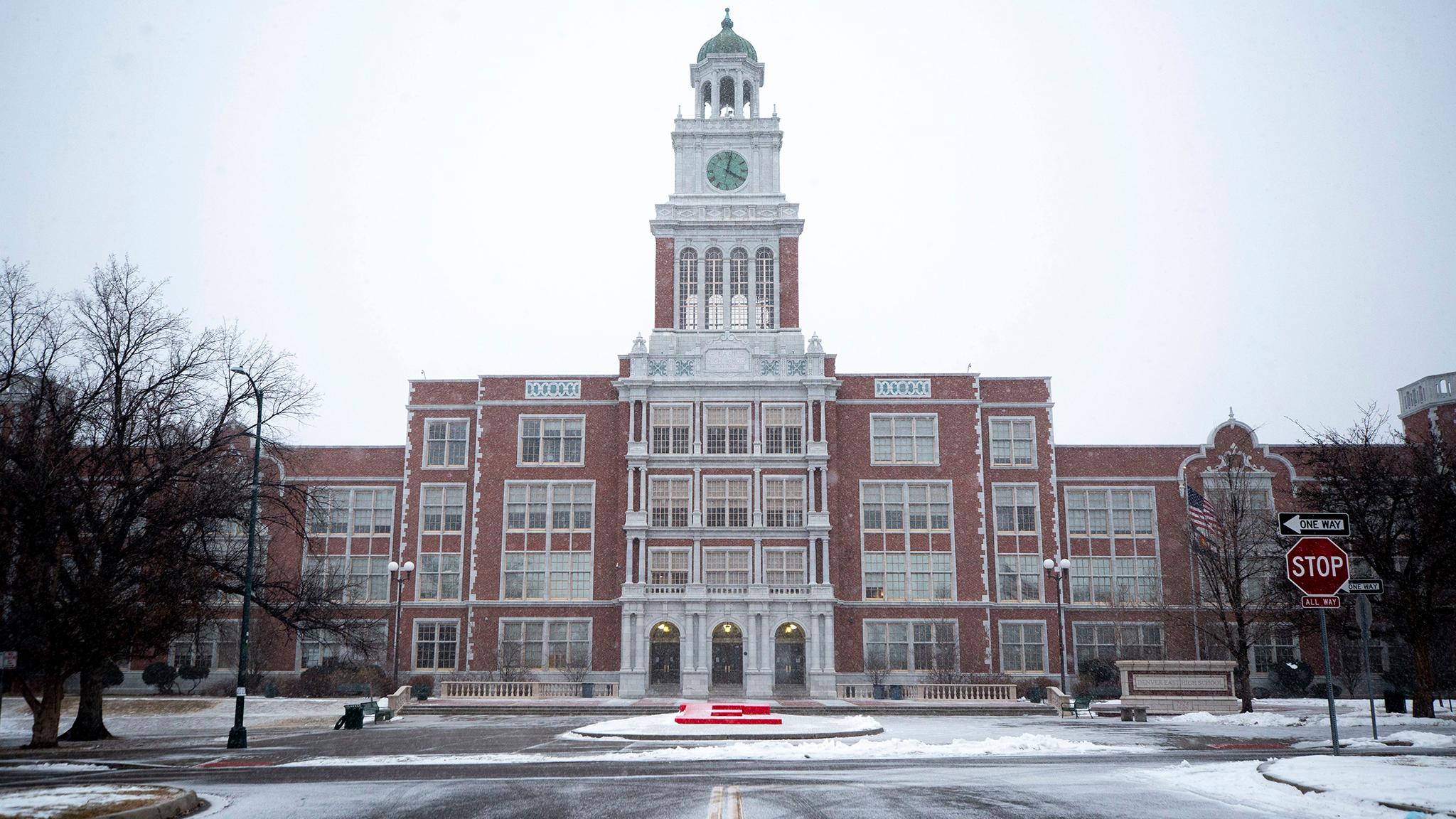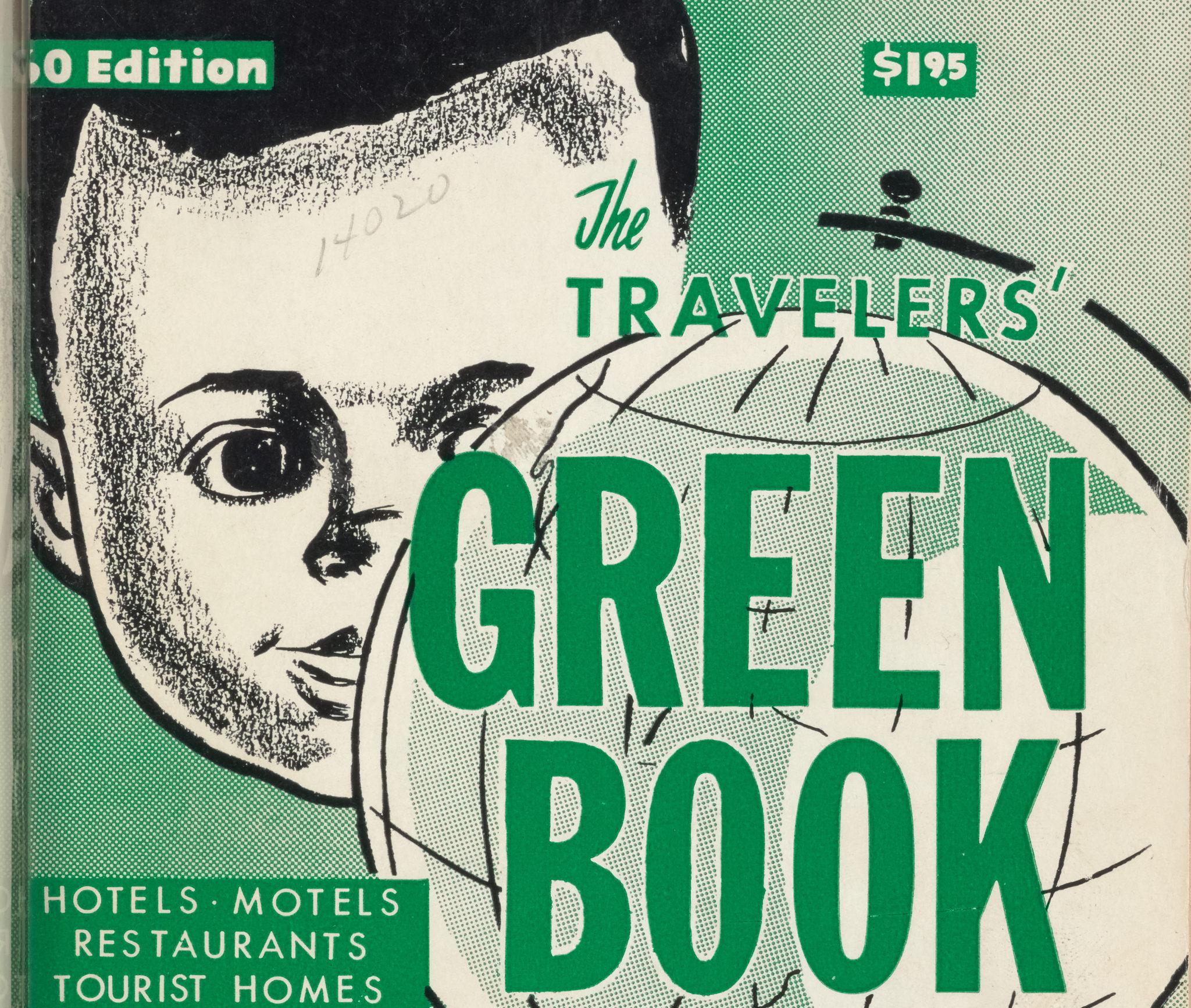History Colorado will soon set out on a preservation road trip across the state to explore and investigate Green Book sites thanks to a national grant. These places were businesses that would serve Black travelers when segregation was legal.
History Colorado's State Historic Preservation Office was awarded an almost $75,000 grant by the National Park Service late last month, to jump start in depth studies into the sites and eventually nominate at least one of them for historic designation with both the National and State Registers of Historic Places.
The project began last year and the idea stemmed from the three-time Oscar award winning film, "The Green Book," according to Patrick Eidman, the Chief Preservation Officer and Deputy State Historic Preservation Officer.
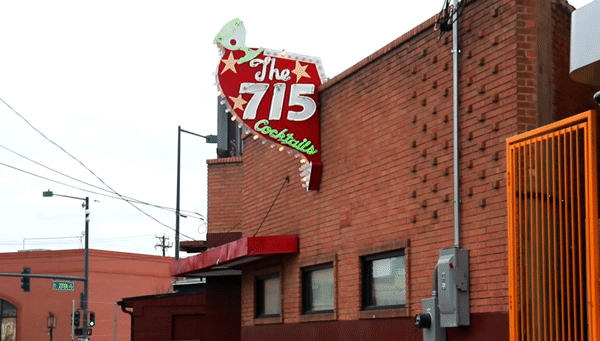
"Staff here at the time thought there was a need to look more deeply at sites associated with the Green Book and other travel resources of that type in Colorado. It just wasn't really well understood or studied at the time," Eidman said. "[The movie] intersected with our efforts and we've since ramped up acknowledging that History Colorado has a lot of work to do on this front in terms of understanding and preserving resources associated with BIPOC communities, in particular the Black community and that history in Colorado."
Initially, History Colorado began scooping out Green Book sites, driving by known buildings and using Google Maps. The goal was to determine which locations were still around. The organization compiled a list of about 38 locations scattered across the state in Denver, Commerce City, Colorado Springs, Pueblo, Canon City, Lamar, Brush, Montrose and Granby.
Many of the Denver sites were centered in Five Points along Welton Street, including the Roxy Theatre and 715 Café and Grill. Other sites include the shut down Ahwahnee Motel and Lodge and C & P Restaurant, which no longer exists and currently houses Sun Market.
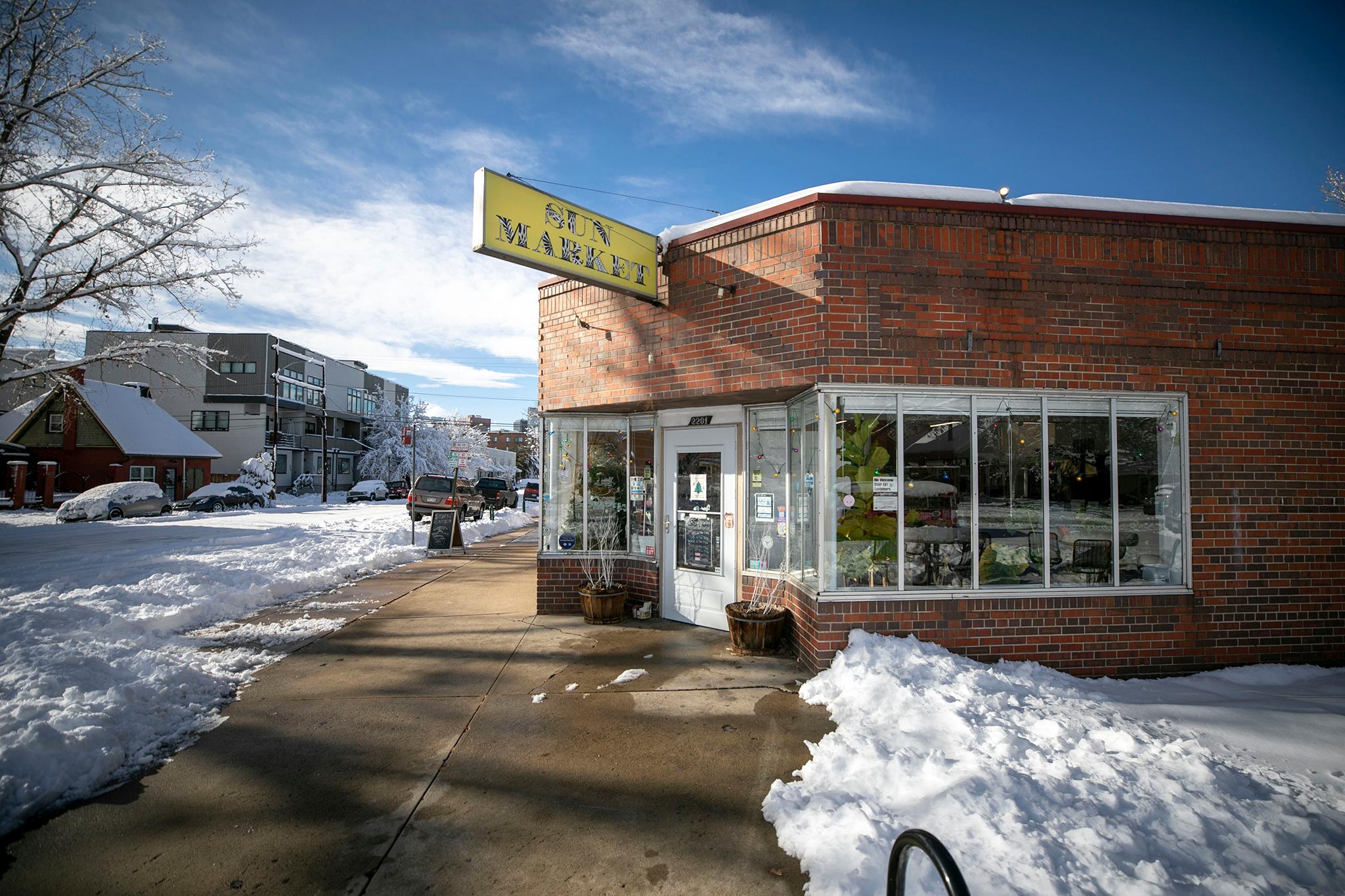
Eidman said intensive surveying is the next step in the projec.
The organization will cruise around Colorado documenting the sites and noting the physicality of the places. Staff will photograph and map out locations, then dive into more archival history. More in-depth research will be completed and staffers will engage with community members and folks familiar with the locations.
The grant funding will help the project through this thorough and labor-intensive stage.
History Colorado applied for the Underrepresented Community Grant from the National Park Service to move the project into the next phase.
The purpose of the grant is to fund projects that will lead to more diverse landmark designations. That includes places in Black and brown communities, LGBTQ spaces and rural areas. According to History Colorado, only 8% of locations listed on the National Register of Historic Places represent minority and marginalized communities. Only 5% of places in these communities are listed in the Colorado's State Register of Historic Places.
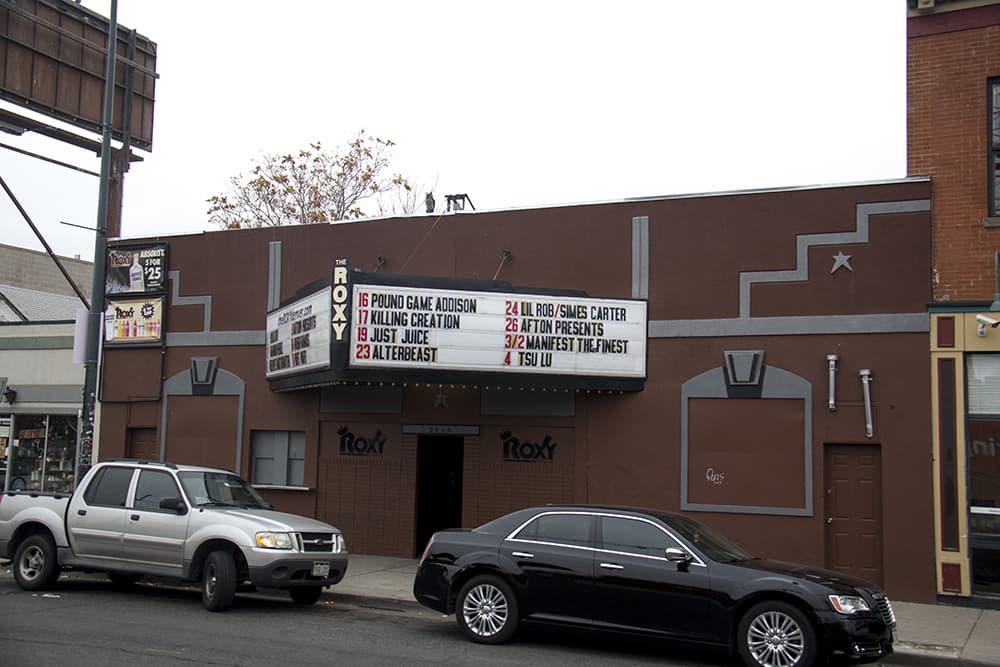
History Colorado said it's the third time they've received this grant. The other grants funding projects in 2021 and 2017 associated with the Women's Suffrage movement across that state and Hispano communities in the San Luis Valley, respectively.
Eidman said the project is ongoing and there's no particular end date. History Colorado plans to dive into Green Sites for as long as necessary, traveling to as many sites as possible to determine which areas are eligible for landmark designation. The goal for now is to find at least one location, but Eidman said there will hopefully be more than one.
"We just want to get out into the community and talk to folks and understand what history was known more anecdotally or passed down through family," Eidman said. "We're hoping to identify 50 or 60 sites where we can go in and do that more intensive level survey and then we'll prepare at least one, hopefully a couple, but at least one National Register nomination. This isn't the end of the project. We're really trying to lay the foundation here to make some big advancements on this work."
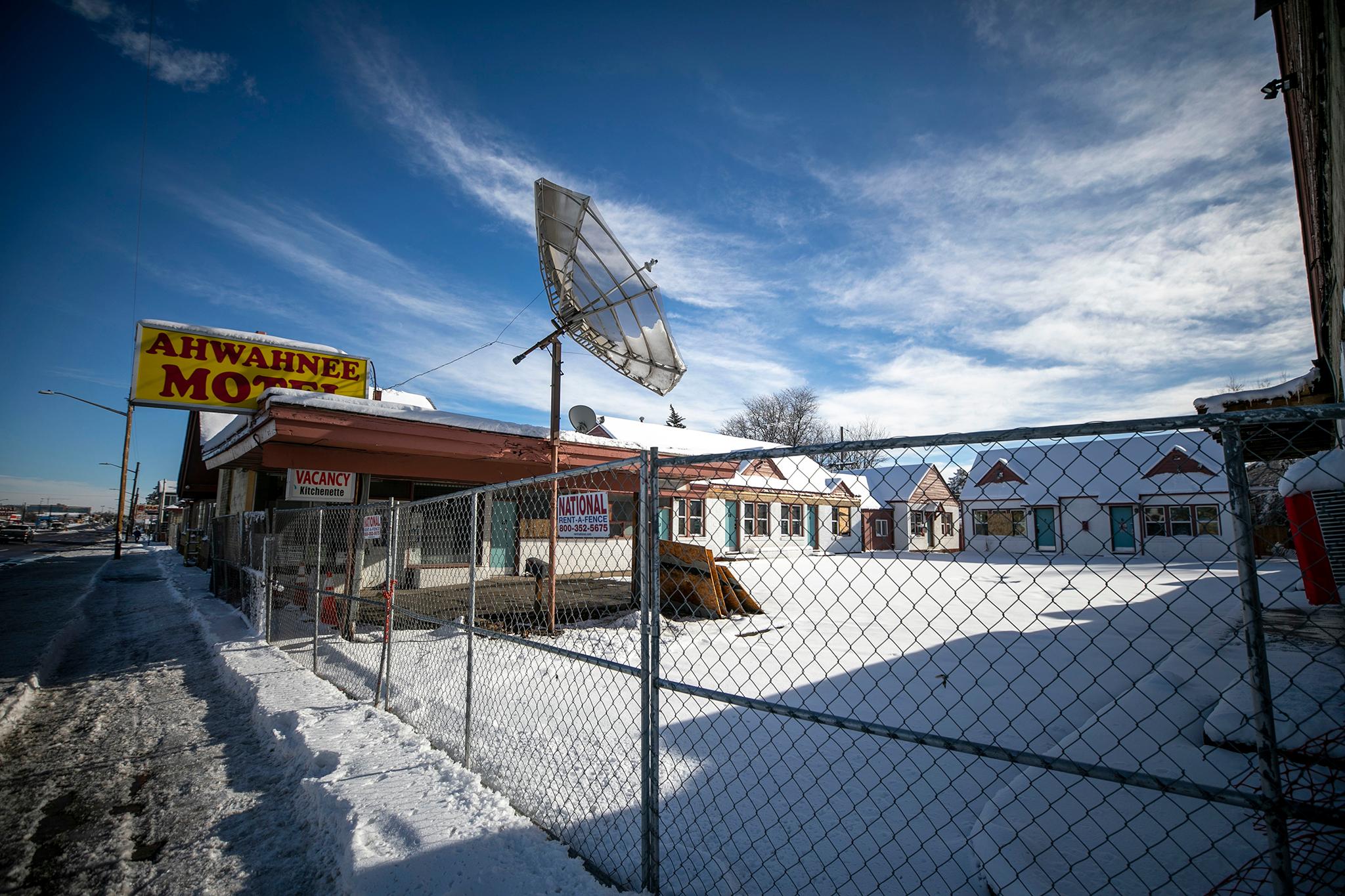
Ultimately, the History Colorado's goal is to continue collecting, preserving and telling these stories from underrepresented communities that are typically unheard of and on the verge of being lost.
In the last few years, Eidman said History Colorado's State Historical Fund changed their requirements to allow more cultural aspects to be considered. A portion of that funding recently went toward renovating the 1908 Manzanola United Methodist Church in Otero County, which is considered the only remaining structural touchstone of a Black homesteader community known as The Dry.
Eidman said the organization is also auditing older designations in search for properties associated with BIPOC communities. He said those older designations focused more on architectural design and didn't tell the full social story. One example is East High School. While the design warrants designation, Eidman said the nomination didn't talk about the school's Black history, including student activism and segregation.
"As we look at the State Register or the National Register of historic places, we just historically have not done a good job telling the broad story of Colorado. It's been very focused on the majority or dominant culture," Eidman said. "Colorado's history is much deeper and more complex... Our day to day work is really focused on how we can tell the full and complete history of Colorado. So this really fits into our work to look more closely and to understand places associated with folks that weren't part of the dominant culture."
